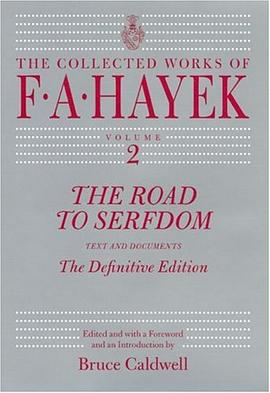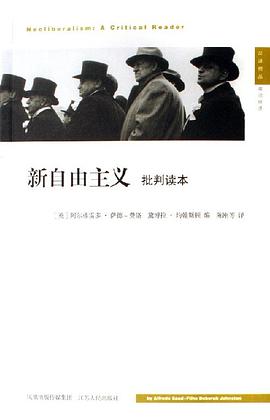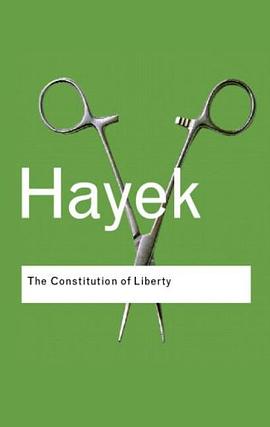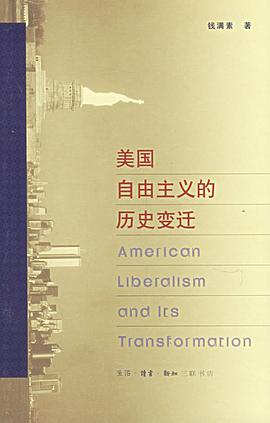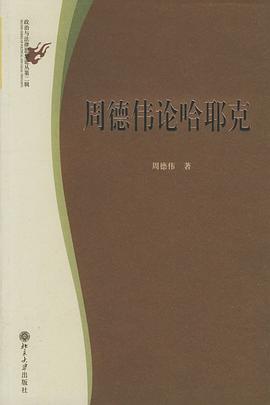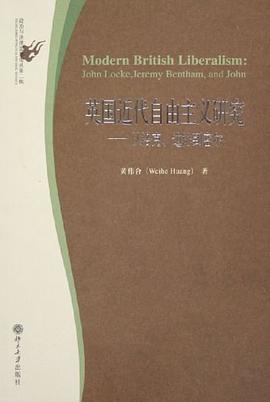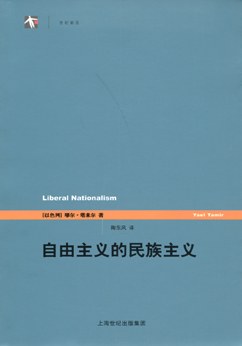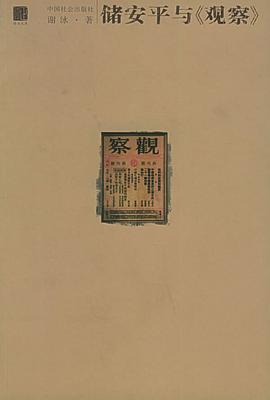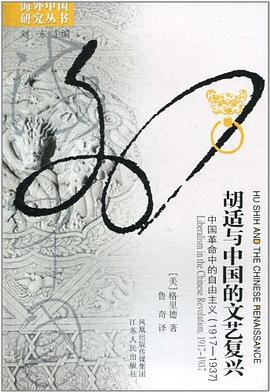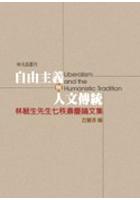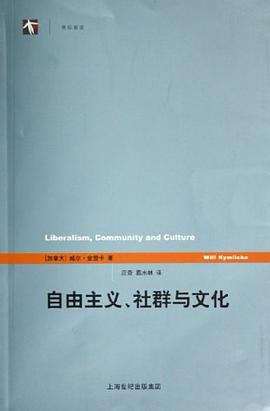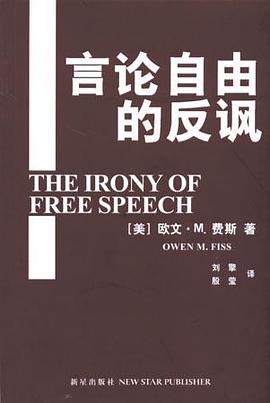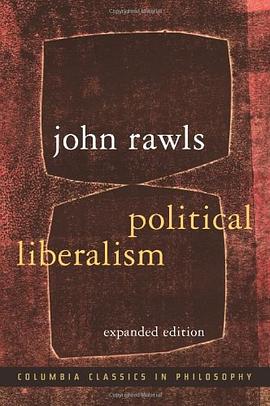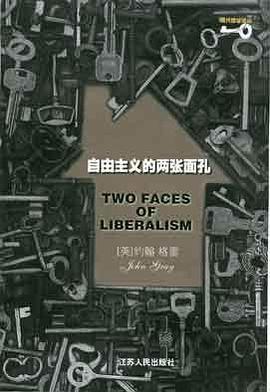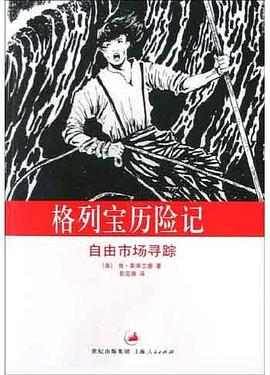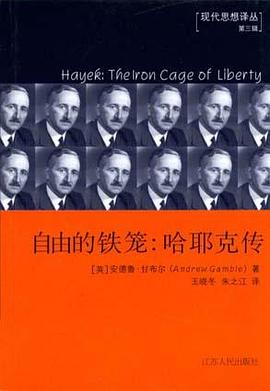

具体描述
An unimpeachable classic work in political philosophy, intellectual and cultural history, and economics, The Road to Serfdom has inspired and infuriated politicians, scholars, and general readers for half a century. Originally published in 1944—when Eleanor Roosevelt supported the efforts of Stalin, and Albert Einstein subscribed lock, stock, and barrel to the socialist program— The Road to Serfdom was seen as heretical for its passionate warning against the dangers of state control over the means of production. For F. A. Hayek, the collectivist idea of empowering government with increasing economic control would lead not to a utopia but to the horrors of Nazi Germany and Fascist Italy.
First published by the University of Chicago Press on September 18, 1944, The Road to Serfdom garnered immediate, widespread attention. The first printing of 2,000 copies was exhausted instantly, and within six months more than 30,000 books were sold. In April 1945, Reader’s Digest published a condensed version of the book, and soon thereafter the Book-of-the-Month Club distributed thisedition to more than 600,000 readers. A perennial best seller, the book has sold 400,000 copies in the United States alone and has been translated into more than twenty languages, along the way becoming one of the most important and influential books of the century.
With this new edition, The Road to Serfdom takes its place in the series TheCollected Works of F. A. Hayek. The volume includes a foreword byseries editor and leading Hayek scholar Bruce Caldwell explaining the book's origins and publishinghistory and assessing common misinterpretations ofHayek's thought. Caldwell has also standardized and correctedHayek's references and added helpful new explanatory notes. Supplemented with an appendix of related materials ranging from prepublication reports on the initial manuscriptto forewords to earlier editions by John Chamberlain, Milton Friedman, and Hayek himself, this new edition of The Road to Serfdom will be the definitive version of Friedrich Hayek's enduring masterwork.
用户评价
##冷静而理智的分析,不因自我立场和所处环境而偏执。美中不足:未能揭示这场延续百年的理念之争的根源。PS:阶级斗争果然是降低社会熵值的大杀器,不得不佩服元首和舵手的顶层设计……
评分##我们终将被我们的理想所奴役。
评分##政治体制决定经济模式,说了这么多主义,现在看起来所有的主义都是通往奴役之路,自由主义也不例外||还是老先生说得好,少谈些主义
评分##终于斗胆拜读了这部名著,原文虽不长但车轱辘话可不少,定语从句长到我都忘了他前面讲了啥,作为睡前读物倒是顶好的(?) 我也纳闷过它竟然不是禁书,但一想还有人1984读后感都是感恩能生活在某国也就瞬间释然了,总之就算Hayek的某些观点早已过时,但他的预言家属性却依然叫人冷汗直流。 真理原来是道德的一部分,这么说来我的道德标准极高,不过也仅在对真相无比执着这一点上。Totalitarianism下只能存在一个绝对真理,而这个真理也只能为巩固至高无上的权力而存在。任何人,任何事,哪怕是科学研究,也必须为“维稳”让位,这也就与真正的科学精神完全背道而驰了 Truth is to be sought, not given 而在这种制度下的反智无逻辑也是我无论如何也无法接受的。
评分##masterpiece
评分##本来想认真写段评论的,结果越读越发现哈耶克很像那种犯了皈依者狂热的北美高华,好东西都是盎撒的,坏东西都是德意志的,然后惊觉灯塔已经不复灯塔,痛批在自己的精神母国泛滥的“白左”思潮,教导盎撒人怎么更爱盎撒,属实是“捍卫罗马的蛮族大将”了...那好吧,这么一想,哈耶克就被祛魅了。认真地说,即使不看立场,此书写得也一般,而且很植根于二战刚结束时的英国语境。想放在别的背景下读也可以,但启示只能说很间接了。
评分##偷乐节 看完了《通往奴役之路》此次时刻 不要太应景了:今日种种荒谬 早就暗暗写好了注脚 哪里有什么中间道路哇
评分##这是本小册子,读的很乏味,这本书能如此流行,在很大程度上是因为它后来已经成了宣传工具
评分##«Money is one of the greatest instruments of freedom ever invented by man.»
相关图书
本站所有内容均为互联网搜索引擎提供的公开搜索信息,本站不存储任何数据与内容,任何内容与数据均与本站无关,如有需要请联系相关搜索引擎包括但不限于百度,google,bing,sogou 等
© 2026 book.teaonline.club All Rights Reserved. 图书大百科 版权所有

